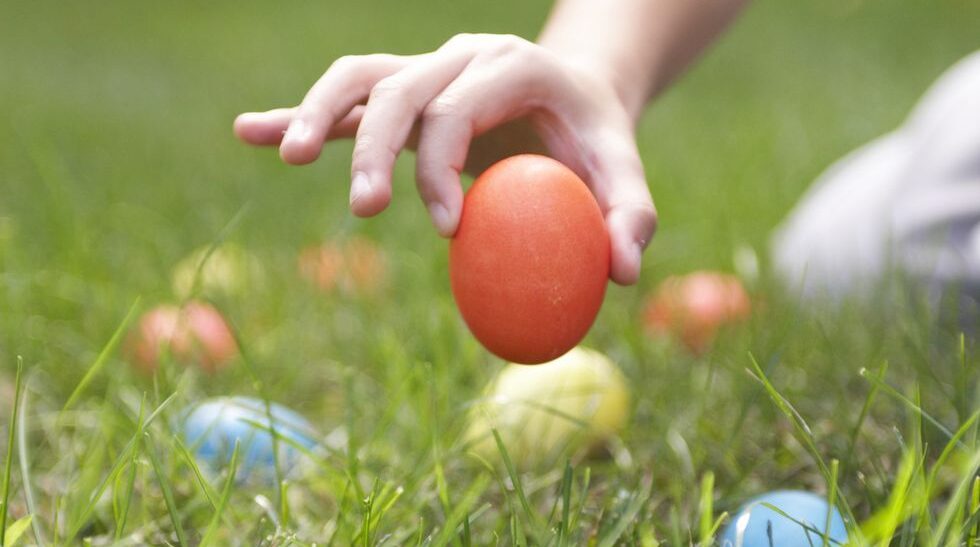Get ready to be swept off your feet and embark on an awe-inspiring journey to plan the most unforgettable and joyous celebration of your love! A Jewish wedding is not just a union between two individuals, but a true fusion of religion, culture, and tradition. With centuries of history and customs, planning a Jewish wedding is an incredible opportunity to honor your heritage and create a unique and unforgettable experience.
Table of Contents
From the spiritual and meaningful ceremony to the lively and energetic dance party, every aspect of a Jewish wedding is infused with beauty, depth, and pure joy. So fasten your seatbelts and get ready to discover how to plan the perfect Jewish wedding, one that reflects your personalities, values, and most importantly, your deep love for each other.
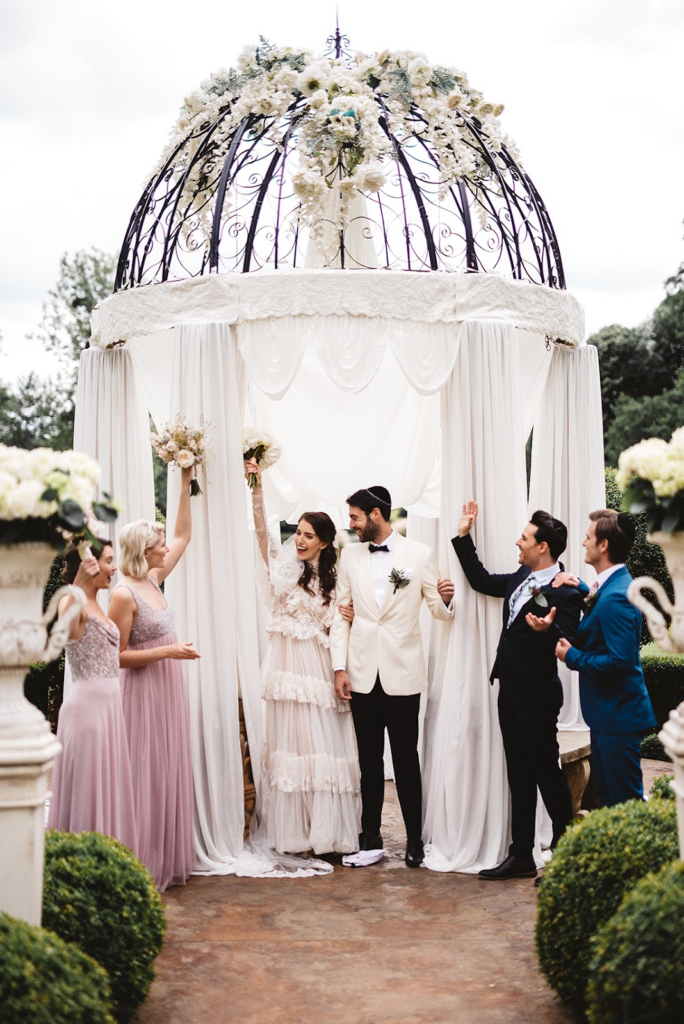
Customs and Traditions
Jewish weddings are rich in tradition and customs that have been passed down through generations. These customs and traditions are deeply meaningful and serve to connect the couple to their heritage and to each other in a powerful way.
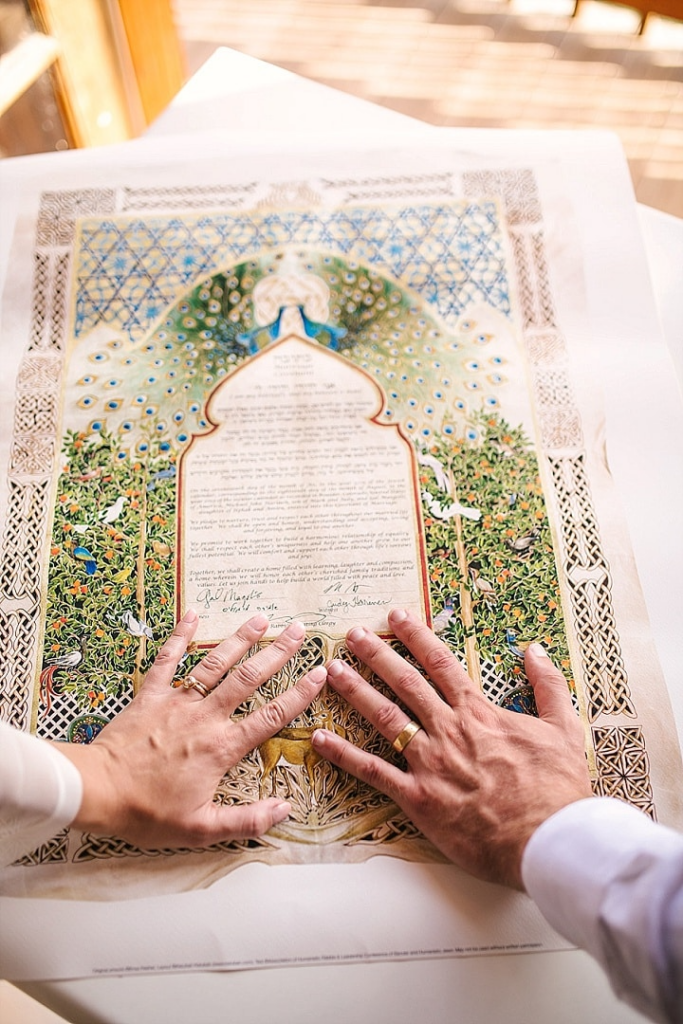
- Ketubah signing: Before the wedding ceremony, the couple signs a ketubah, a Jewish marriage contract, which outlines the husband’s responsibilities to his wife. The ketubah is a beautiful and meaningful document that serves as a tangible reminder of the couple’s commitment to each other and to their shared values. The ketubah is often displayed prominently in the couple’s home as a symbol of their love and partnership.
- Bedeken: According to the founder of BNT Management, Benita Kam, the groom veils the bride’s face before the wedding ceremony, a tradition that dates back to the biblical story of Jacob and Rachel. The veil symbolizes the bride’s modesty and humility, and also serves as a way for the groom to ensure that he is marrying the correct bride! The bedeken is a beautiful and emotional moment, as the groom lifts the veil to reveal his beloved bride for the first time.

- Kippah: The kippah, also known as a yarmulke, is a small head covering worn by Jewish men during religious ceremonies, including weddings. It symbolizes the groom’s commitment to his faith and his willingness to take on the responsibilities of Jewish marriage, demonstrating his respect for Jewish tradition and dedication to building a Jewish home.
- Seven blessings: Seven blessings are recited during the ceremony, expressing gratitude and hope for the couple’s future together. These blessings are often sung or chanted in Hebrew and are a beautiful and powerful reminder of the depth and significance of the wedding ceremony. The seven blessings also symbolize the seven days of creation, reminding a couple of their role as co-creators of a new and beautiful world.

- Breaking of the glass: At the end of the ceremony, the groom breaks a glass with his foot, symbolizing the destruction of the Temple in Jerusalem and reminding the couple to cherish each other and their marriage. As seen in this image from Nicole and Josh’s Jewish destination wedding in South Africa. The breaking of the glass is also a poignant reminder of the fragility and beauty of life and serves as a call to the couple to treasure each moment of their life together.
- Yichud: After the ceremony, the couple spends a few moments alone in a private room, symbolizing their new union. This private moment is a beautiful and intimate way for the couple to begin their married life together, away from the distractions and demands of the outside world.
Religious Ceremony
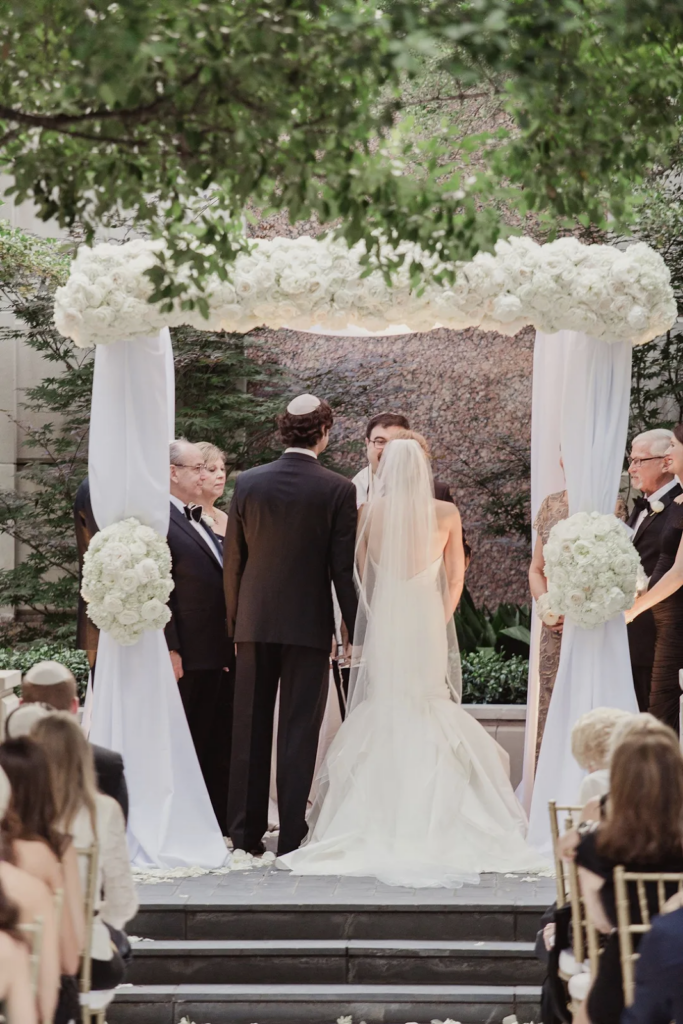
The religious ceremony is the heart of a Jewish wedding, and it typically takes place under the chuppah. The bride and groom are escorted to the chuppah by their respective parents and are then joined by the rabbi, who officiates the ceremony. According to Benita Kam, This is the time they are the closest to God. The ceremony includes the recitation of prayers and blessings, the exchange of rings, and the signing of the ketubah.
Food
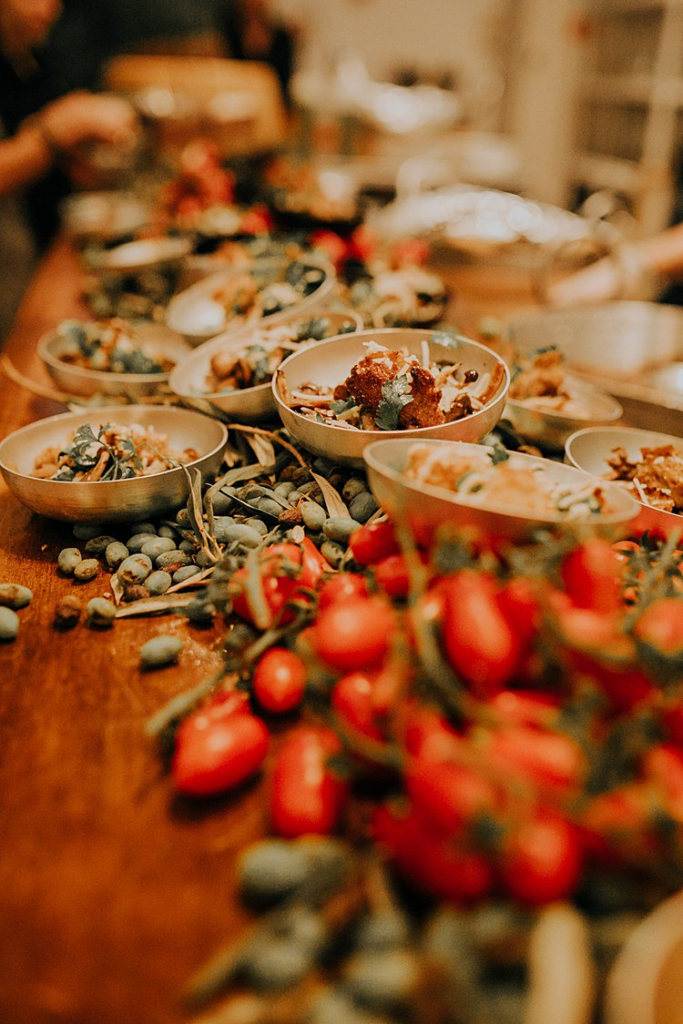
Food is an important part of a Jewish wedding, and it is typically served in a kosher style. The menu may include traditional Jewish dishes such as matzo ball soup, gefilte fish, and brisket. The meal is typically served in a buffet or family-style format, and it may be followed by traditional Jewish desserts such as rugelach or babka.
Traditional Dance
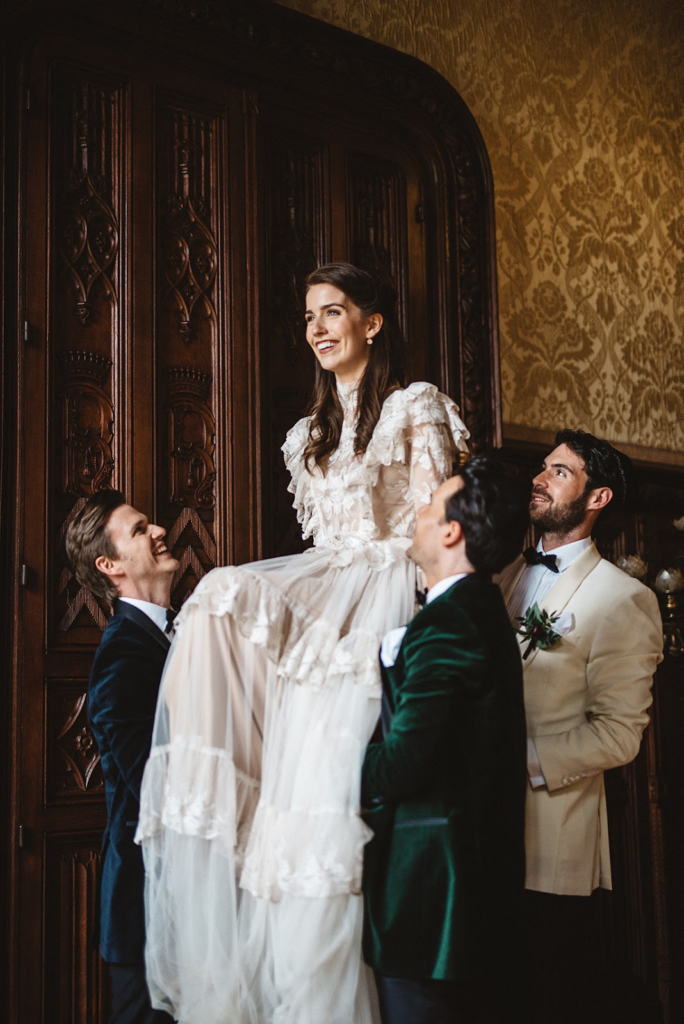
The traditional dance at a Jewish wedding is called the hora, and it involves the bride and groom being lifted up on chairs by their guests and being twirled around in a circle. According to Benita, it is a separate dance for the bride and groom. The hora is a joyous and exuberant celebration of the couple’s love and happiness and is often one of the most memorable parts of the wedding reception.
A Jewish wedding is a beautiful and meaningful celebration that combines religious traditions with cultural customs. From the signing of the ketubah to the festive hora dance, a Jewish wedding is a celebration of love, family, and community. By understanding these customs and traditions, you can create an unforgettable event that reflects your heritage and celebrates your unique love story.
